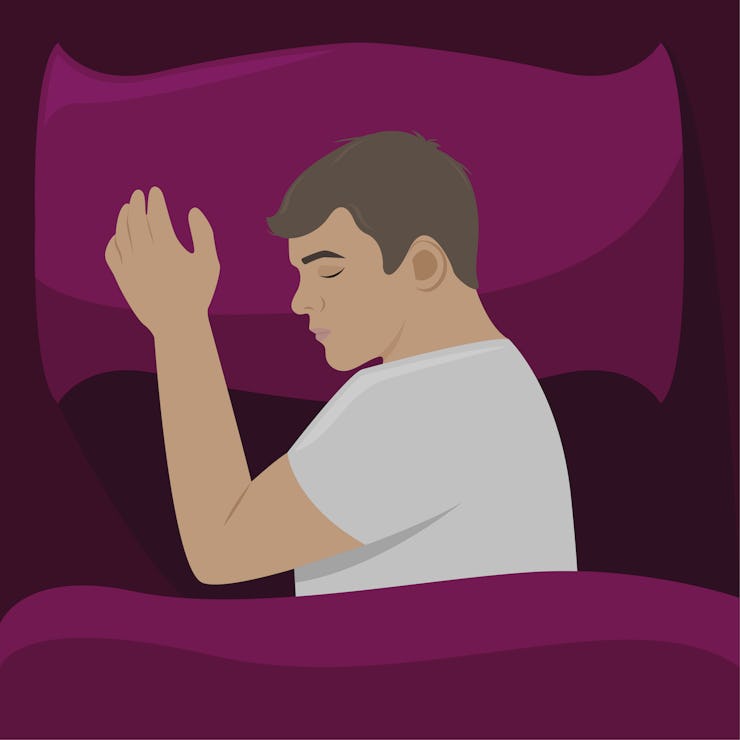Study: Naps may actually save your life
This is how many naps you should take a week, according to science.

If you’re someone who like naps, you will be thrilled to learn they might actually save your life. In September 2019, scientists published findings suggesting that napping once or twice a week reduces the chance you’ll experience a heart attack or stroke.
Researchers asked 3,462 randomly selected residents of Lausanne, Switzerland, between the ages of 35 and 75, to provide a weekly report on their sleeping habits over the course of three years. They tracked the health of these participants during the three-year period and for five years after. Those who nap once or twice a week had a 48 percent lower chance of having a heart attack or stroke than people who don’t nap at all.
Inverse is counting down the 25 biggest stories of human potential of 2019. This is #5.*
Unfortunately for daily nappers, the researchers didn’t find the same held true for those who nap more than once or twice a week — but that doesn’t mean napping more is harmful. It’s unclear if napping daily has the same benefits as napping every few days.
"While there remain more questions than answers, it is time to start unveiling the power of naps for a supercharged heart."
There is a mountain of evidence suggesting that getting enough sleep is incredibly important to your health. Sleeping inadequate amounts is linked to bad cardiovascular health, immune system problems, poorer cognitive capacity, and more.
Sleep experts say the average person needs around seven hours of sleep. Most recently, getting less than the requisite seven hours was linked to premature aging and shortened telomeres.
If you didn’t manage to get enough sleep last night, a nap may be able to help you avoid the negative health effects of sleep deprivation. Research suggests that napping for 20 to 30 minutes or so in the early afternoon can do a lot to help you recover from not sleeping enough the night before.
Abstract
Objective: There is controversy regarding the effect of napping on cardiovascular disease (CVD), with most studies failing to consider napping frequency. We aimed to assess the relationship of napping frequency and average nap duration with fatal and non-fatal CVD events.
Methods: 3462 subjects of a Swiss population based cohort with no previous history of CVD reported their nap frequency and daily nap duration over a week, and were followed over 5.3 years. Fatal and non-fatal CVD events were adjudicated. Cox regressions were performed to obtain HRs adjusted for major cardiovascular risk factors and excessive daytime sleepiness or obstructive sleep apnoea.
Results: 155 fatal and non-fatal events occurred. We observed a significantly lower risk for subjects napping 1–2 times weekly for developing a CVD event (HR 0.52, 95% CI 0.28 to 0.95) compared with non-napping subjects, in unadjusted as well as adjusted models. The increased HR (1.67, 95% CI 1.10 to 2.55) for subjects napping 6–7 times weekly disappeared in adjusted models (HR 0.89, 95% CI 0.58 to 1.38). Neither obstructive sleep apnoea nor excessive daytime sleepiness modified this lower risk. No association was found between nap duration and CVD events.
Conclusion: Subjects who nap once or twice per week have a lower risk of incident CVD events, while no association was found for more frequent napping or napping duration. Nap frequency may help explain the discrepant findings regarding the association between napping and CVD events.
As 2019 draws to a close, Inverse is revisiting 25 striking lessons for humans to help maximize our potential. This is #5. Some are awe-inspiring, some offer practical tips, and some give a glimpse of the future. Read the original article here.